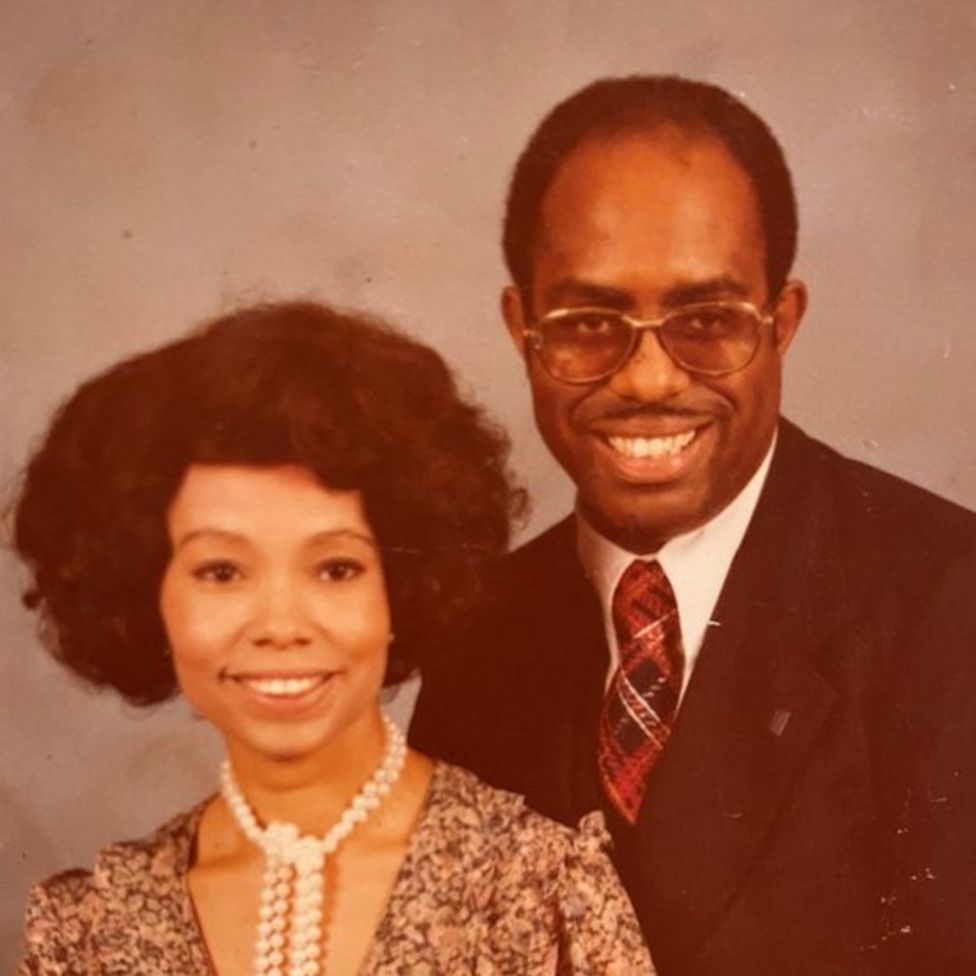
Evanston, Illinois, is a quiet place in the middle of an unusual experiment.
In this university town just north of Chicago, a sheen of affluence glints through the windows of solid brick buildings downtown, while rainbow flags and "Black Lives Matter" placards dot what seems like every other suburban lawn.
Its population of 78,000 is diverse - about two-thirds white, nearly a fifth black, with sizeable Asian and Hispanic communities - and its politics, predictably, liberal. During the 2020 election, Donald Trump got less than a tenth of the vote here.
But like other places across the country, Evanston is dealing with a legacy of racial inequality stemming from slavery and segregation.
While some places, like California, are discussing reparations to make amends for slavery, Evanston's approach has zeroed in on a related but more recent injustice: discrimination against black citizens when it comes to buying a home.
The city has started paying money to black residents who faced barriers to buying the home they wanted due to mid-20th Century policies - the first US city to do so.











